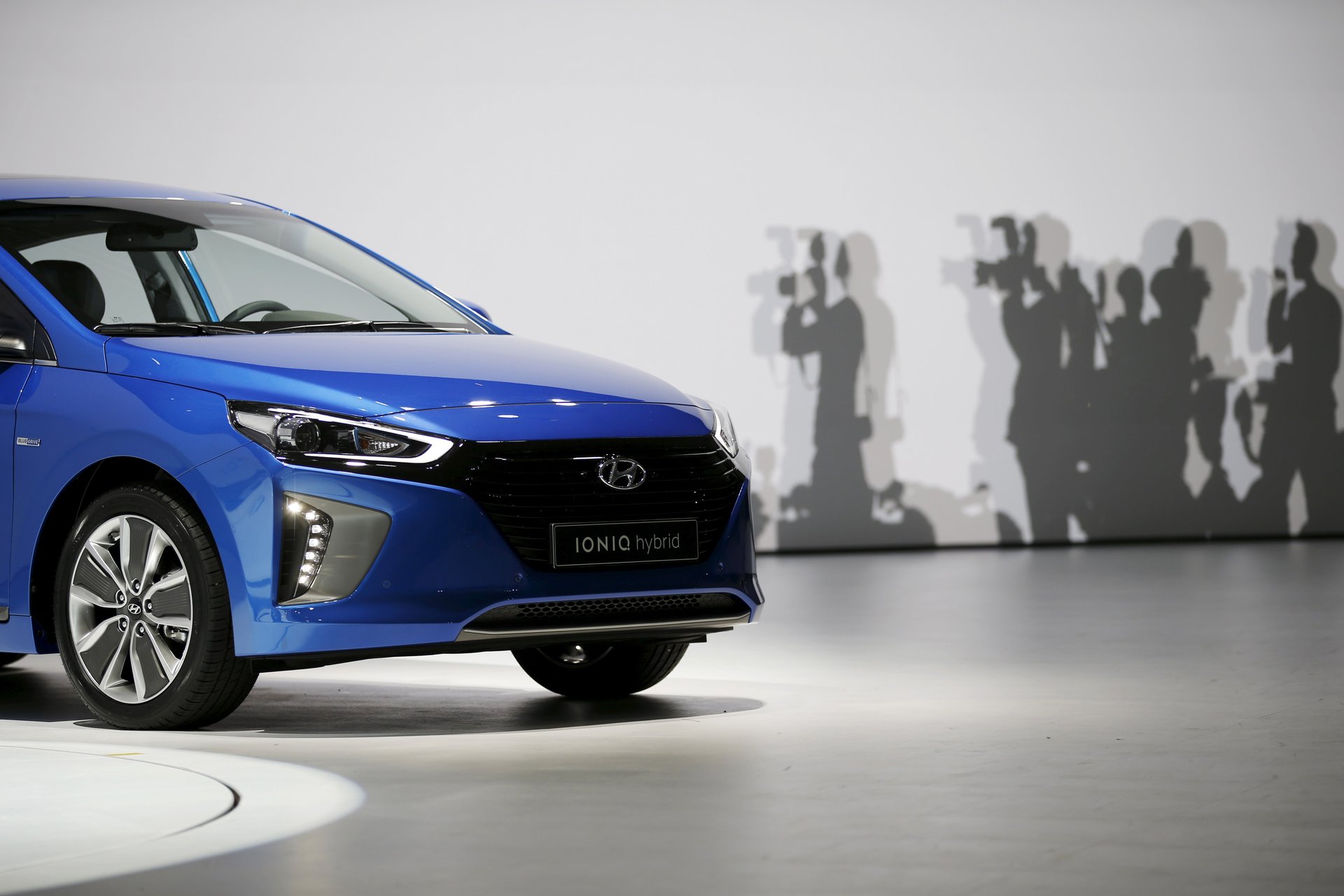Hyundai and Kia take a $300 million Ola ride into India’s electric vehicles space
India’s electric vehicles (EV) space has just received a South Korean booster shot.


India’s electric vehicles (EV) space has just received a South Korean booster shot.
Carmakers Hyundai Motors and Kia Motors today (March 19) announced that they plan to invest $300 million (Rs2,059 crore) in the EV initiative of India’s top cab-hailing company Ola. The two companies are tapping the app-based taxi space to increase sales of their EVs, as personal vehicle sales are yet to take off. Hyundai had led a Rs100-crore funding round in car rental startup Revv in August last year.
Hyundai and Kia will also work with Ola to create new mobility solutions using e-cars, build India-specific EVs, and develop the infrastructure required for it, a press release said.
“Our partnership with Ola will certainly accelerate our efforts to transform into a smart mobility solutions provider,” Euisun Chung, executive vice-chairman of Hyundai Motor Group, said in the release.
The confluence
Taxis, according to Amit Kaushik, country head of automotive consultancy Urban Science, will be the first mover in accelerating the adoption of EVs in India.
In the past few years, firms such as General Motors, Ford, and Toyota, have all backed ride-hailing companies such as Uber and Lyft. Toyota also made its maiden investment in India’s startup ecosystem last year, having led a $30-million round in the used automobile marketplace and auto services company Droom.
In February, India’s homegrown Mahindra & Mahindra launched its own service, Glyd, exclusively for the EVs it manufactures. The tractors-to-IT conglomerate has also previously invested in car-rental firm Zoomcar over multiple rounds.
These moves reflect the overall gloom in the Indian automobile sector.
In 2018, passenger vehicle sales saw single-digit growth of over 5% to 33,93,705 units over the previous year. The situation hasn’t improved in the current year. The country’s largest carmaker, Maruti Suzuki, which accounts for over 50% of the passenger vehicle market, saw a marginal growth of 1.1% in January.
What’s in it for Ola?
For Ola, the investment is a lifeboat for its EV initiative piloted two years ago in Nagpur, Maharashtra, as part of prime minister Narendra Modi’s ambitious plan to make all new vehicles electric by 2030. With an initial investment of about $8 million, Softbank-backed Ola had hoped to deploy over 10,000 EVs over the following years.
However, the programme hit a snag as drivers were left helpless in long queues at woefully few charging stations. The company subsequently changed track to focus on e-three wheelers that cost five times less than an e-car.
Partnering car manufacturers will help Ola revive its e-car ambitions as Hyundai and Kia’s in-house engineering and maintenance capabilities will help keep operating costs low.
The investment will also give the Bengaluru-based firm’s founders, Bhavish Aggarwal and Ankit Bhati, strong leverage against its largest investor SoftBank. The Japanese investor, which also has a stake in rival Uber, had made a play for a majority stake in Ola in 2016 when it offered to invest $1 billion fresh capital in the company. Ola, however, preferred to curtail SoftBank’s influence and has since been trying to bring in fresh investors.
The fresh funding will also give Ola ammunition against rival Uber.
“This partnership will also significantly benefit driver-partners on our platform,” Bhavish Aggarwal, co-founder and CEO of Ola said.